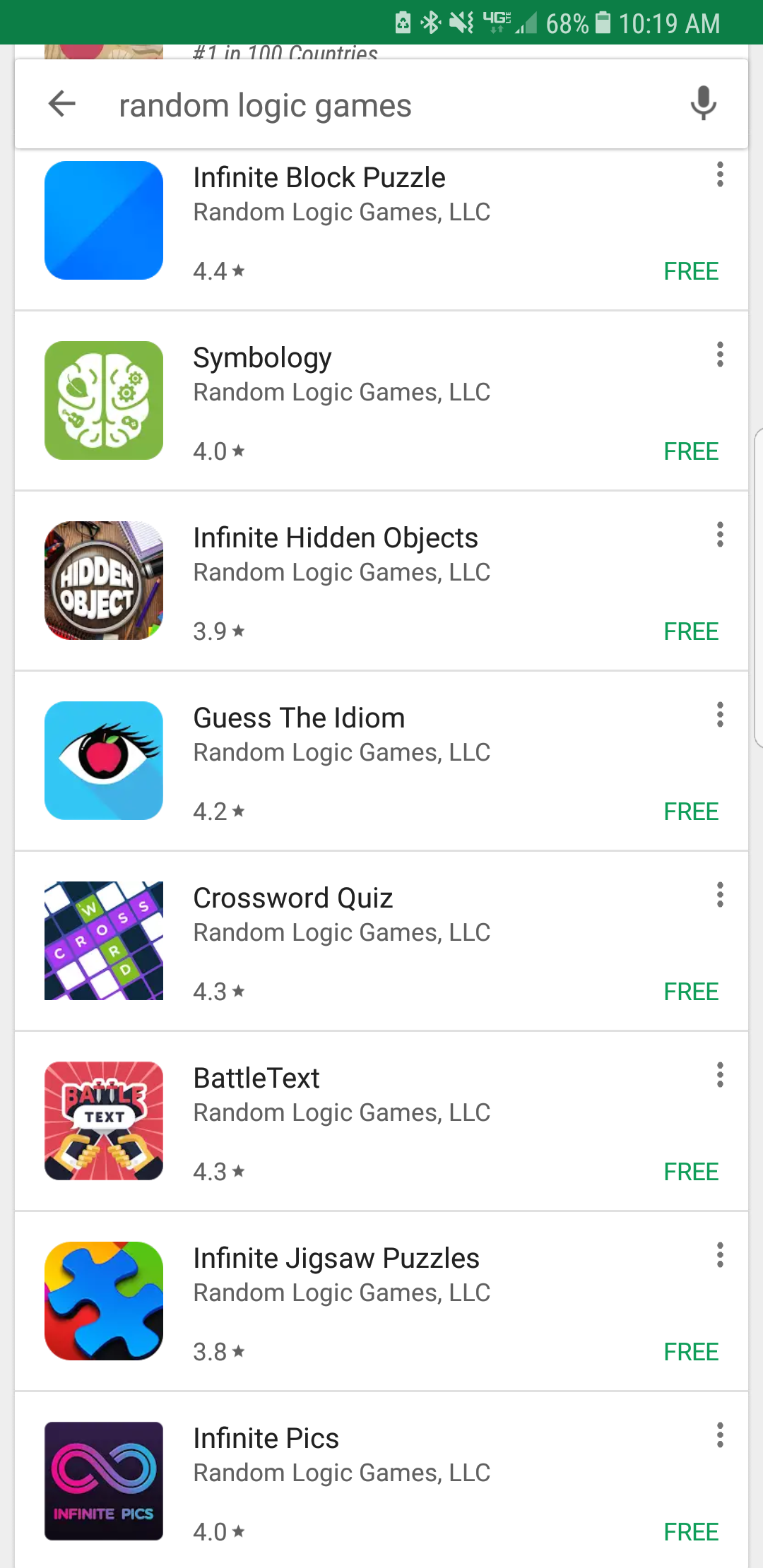By Daniel Kim
Job Openings for Professional Writing Graduates

Graduating with an English (Professional Writing) degree has inherent implications to limited career paths. Contrary to this belief however, there are increasing demands for professional writers in a wide variant of industries. The ability to communicate effectively, organize events/launchings and comprehend complex textual information are all necessary skills within a given industry.
Hyundai Motor Manufacturing Alabama (HMMA) is no exception. Since the grand opening of a $1.7 billion manufacturing plant in Montgomery, AL (2002), the Korean motor company, along with its respective 72 supplier companies, provides more than 8,000 jobs to Alabama residents—among which, P.W. graduates are in high-demand.
Hope on Wheels
Aside from engineers and technicians who participate in the manufacturing process of the vehicles, HMMA is involved with more than 20 community organizations under their effort Hope on Wheels. Hyundai’s Hope on Wheels is a special initiative to fight children’s cancer by funding medical research and hospitals across the country.
Because the company works with many of the American organizations, such as NAACP, American Red Cross, American Cancer Society, etc., recruiting individuals with strong literacy skills to adequately plan and collaborate with other organizations is an essential part of their mission’s success. Writing newsletters, coordinating special events (for children), updating/designing websites and writing for donations are some of the fundamental tasks that are required of the professional writers. For more information, visit Hyundai Hope on Wheels.
Diverse Career Paths in HMMA
Aside from Hyundai’s mission to fight children’s pediatric cancer, the company offers even more diverse career options for P.W. graduates. Corporate Communications, Purchasing, Product/Corporate Planning, Marketing, Administrative Services and Sales Operations are some of the most common titles for P.W.’s employment.
For all of these positions, because daily tasks require writing summary reports based on collected information, corresponding with the media to promote company’s image and organizing communication methods (both internally and externally), HMMA requires a minimum bachelor’s degree in English for all applicants.
Furthermore, due to the extensive collaborations that are required with other organizations, being aware of cultural trends and the city’s working environment are also important requirements for the company. P.W. majors are in a great position to start a career with HMMA. For further information, please visit Hyundai Motor Manufacturing Alabama.
Whether working toward a noble cause or working to provide safe and high-quality vehicles, UAB English graduates can contribute to our communities with HMMA.
To discuss future career opportunities, contact HMMA’s Administration Office at (334) 387-8000.






